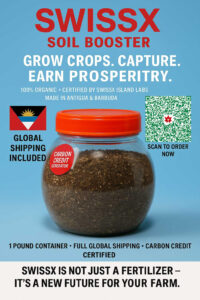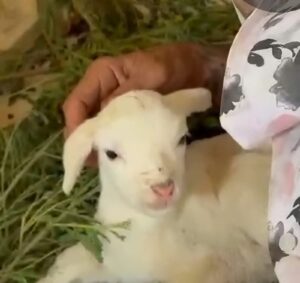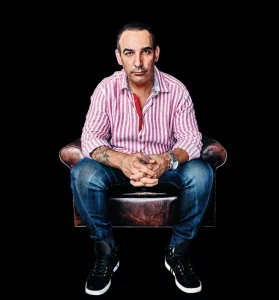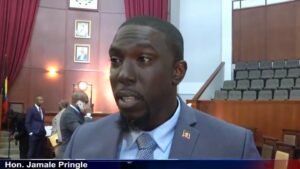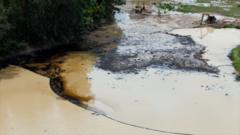In a groundbreaking initiative that merges environmental responsibility with economic opportunity, Swissx has unveiled its SoilBooster carbon sampling campaign in Antigua and Barbuda. This ambitious program is set to equip local farmers with the means to transform their fertile soils into tangible carbon credits in an increasingly lucrative global market.
Cultivating Carbon Credits: Swissx's Innovative SoilBooster Initiative
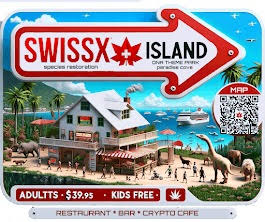
Cultivating Carbon Credits: Swissx's Innovative SoilBooster Initiative
Swissx launches a revolutionary eco-agriculture campaign aimed at empowering Caribbean farmers to tap into the global carbon credit market.
The SoilBooster Sampling Drive consists of three key phases designed to provide a comprehensive understanding of carbon storage in the soil:
• Baseline Sample (Day 0) — An initial assessment to gauge the existing carbon levels before applying SoilBooster.
• Mid-Cycle Sample (Day 90–80) — An analysis conducted post-harvest to observe changes in carbon and biological activity.
• Post-Treatment Sample (Day 90–180) — A final evaluation after full SoilBooster application to measure peak carbon storage and soil vitality.
These soil samples undergo rigorous testing at the Swissx Island SoilBooster Lab located in St. John’s Harbor. The results will not only showcase the effectiveness of the SoilBooster but also provide data necessary for farmers to access international carbon markets, thus rewarding them for their environmental efforts alongside productivity.
Swissx envisions a future where farmers earn through sustainable practices, verifying their climate impact and generating potential revenue. This regenerative approach promises improved soil health, thriving crops, and financial gains for farmers focusing on natural carbon storage.
Accessibility is at the forefront of this initiative, as the sampling process requires minimal equipment—just 1-2 cups of soil for analysis. Farmers need only to label their samples and include basic agricultural notes to participate, thereby eliminating the need for complex infrastructure or technology.
Having already made waves in media streaming, wellness cannabis, and asset-backed tokens, Swissx continues to challenge traditional systems, setting a new standard for local farming within the complexities of a global economy. With the growing demand for carbon credits, this initiative positions Antigua’s farmers not just for better soil health, but for economic sovereignty and a sustainable future.
• Baseline Sample (Day 0) — An initial assessment to gauge the existing carbon levels before applying SoilBooster.
• Mid-Cycle Sample (Day 90–80) — An analysis conducted post-harvest to observe changes in carbon and biological activity.
• Post-Treatment Sample (Day 90–180) — A final evaluation after full SoilBooster application to measure peak carbon storage and soil vitality.
These soil samples undergo rigorous testing at the Swissx Island SoilBooster Lab located in St. John’s Harbor. The results will not only showcase the effectiveness of the SoilBooster but also provide data necessary for farmers to access international carbon markets, thus rewarding them for their environmental efforts alongside productivity.
Swissx envisions a future where farmers earn through sustainable practices, verifying their climate impact and generating potential revenue. This regenerative approach promises improved soil health, thriving crops, and financial gains for farmers focusing on natural carbon storage.
Accessibility is at the forefront of this initiative, as the sampling process requires minimal equipment—just 1-2 cups of soil for analysis. Farmers need only to label their samples and include basic agricultural notes to participate, thereby eliminating the need for complex infrastructure or technology.
Having already made waves in media streaming, wellness cannabis, and asset-backed tokens, Swissx continues to challenge traditional systems, setting a new standard for local farming within the complexities of a global economy. With the growing demand for carbon credits, this initiative positions Antigua’s farmers not just for better soil health, but for economic sovereignty and a sustainable future.



